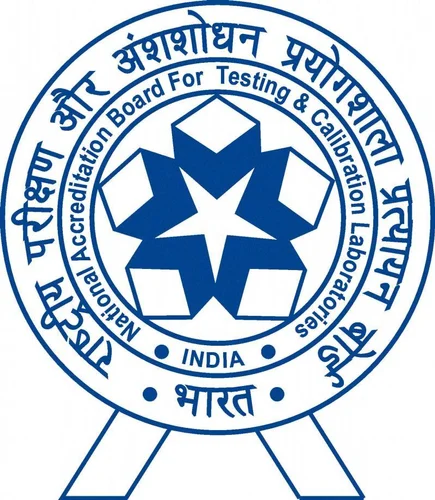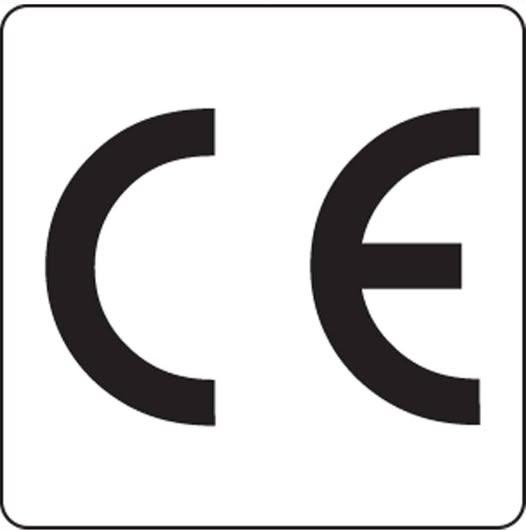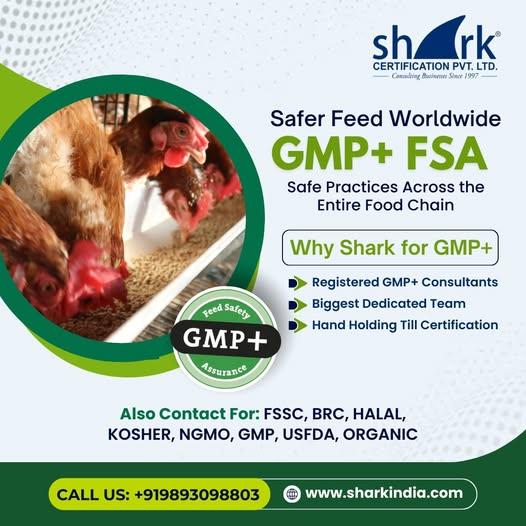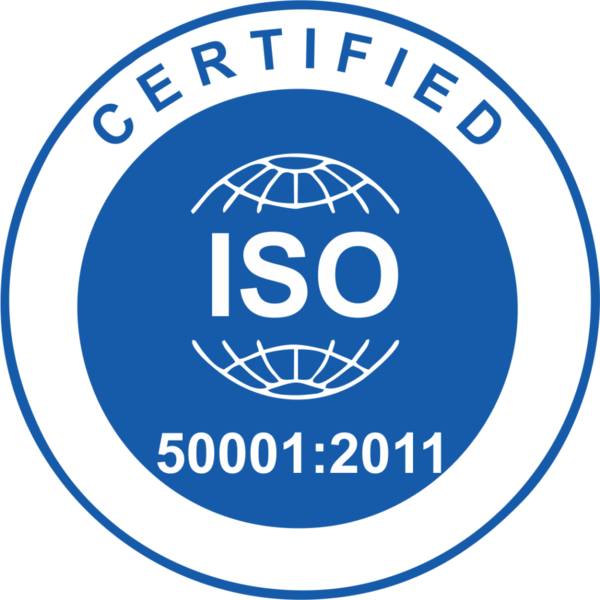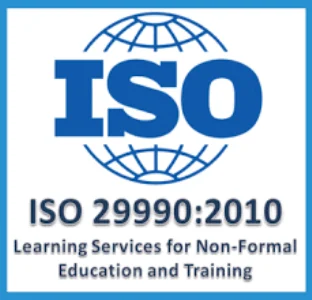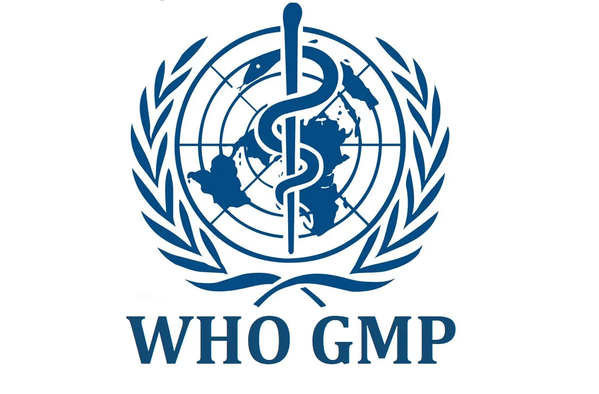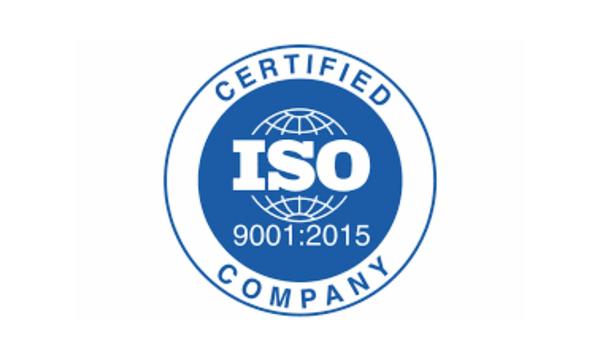What are the aims and objectives of NABL…? National Accreditation Board for Testing and Calibration Laboratories (NABL) is an autonomous body under the aegis of Department of Science & Technology, Government of India, and is registered under the Societies Act. NABL has been established with the objective to provide government, industry and society in general with a scheme for third-party assessment of the quality and technical competence of testing and calibration laboratories. Government of India has authorized NABL as the sole accreditation body for testing and calibration laboratories. In order to achieve this objective, NABL provides laboratory accreditation services to laboratories that are performing tests / calibrations in accordance with NABL criteria based on internationally accepted standard for laboratory accreditation ISO/IEC 17025. These services are offered in a non-discriminatory manner and are accessible to all testing and calibration laboratories in India and abroad, regardless of their ownership, legal status, size and degree of independence. What Is Laboratory Accreditation? The concept of Laboratory Accreditation was developed to provide a means for third-party certification of the competence of laboratories to perform specific type(s) of testing and calibration. Laboratory Accreditation provides formal recognition of competent laboratories, thus providing a ready means for customers to find reliable testing and calibration services in order to meet their demands. Laboratory Accreditation enhances customer confidence in accepting testing / calibration reports issued by accredited laboratories. The globalization of Indian economy and the liberalization policies initiated by the government in reducing trade barriers and providing greater thrust to exports that makes it imperative for accredited laboratories to be at international level of competence. What Are Benefits Of Accreditation? Potential increase in business due to enhanced customer confidence and satisfaction. Savings in terms of time and money due to reduction or elimination of the need for re-testing of products. Better control of laboratory operations and feedback to laboratories as to whether they have sound Quality Assurance System and are technically competent. Increase of confidence in Testing / Calibration data and personnel performing work. Customers can search and identify the laboratories accredited by NABL for their specific requirements from the directory of accredited laboratories. Users of accredited laboratories will enjoy greater access for their products, in both domestic and international markets, when tested by accredited laboratories. What types of laboratories can seek accreditation…? The laboratories should be legally identifiable & appropriately registered. They can be a part of a big organization or an independent entity. NABL can provide accreditation to: Laboratories undertaking any sort of testing or calibration in the specified fields, private or government laboratories, small operations to large multi-field laboratories, site facilities, temporary field operations and mobile laboratories.

